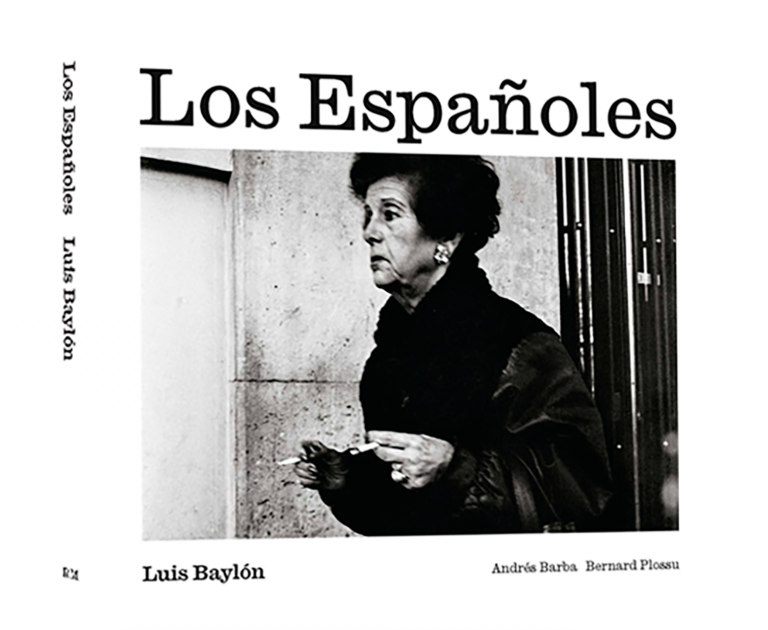A lo largo de su vida, Baylón buscó, en sus propias palabras, “transcribir la realidad de una manera natural. Sin componer ni modificar la escena. […] Fotografiar a las personas tal como son, tal como se presentan al mundo, y no como al fotógrafo le gustaría que fueran.”
A los 26 años, su padre le regaló una cámara Rolleiflex, que nunca dejó de usar y con la que intentó captar el alma de las personas. Retrató niños, mendigos, prostitutas y marginados en momentos espontáneos. Perros y gatos callejeros, músicos ambulantes, amantes fugaces: nada escapaba a su mirada atenta. Su amigo Quico Rivas describía la “receta Baylón” como una mezcla de “gran sinceridad, un poco de picardía, cierta audacia y excelentes reflejos.”
“Los Españoles” revela su mundo a través de una selección de imágenes en blanco y negro tomadas entre 1982 y 2014 en varias ciudades españolas (principalmente Madrid, pero también Barcelona, Benidorm, Murcia, Valencia y Zamora). Los textos del escritor Andrés Barba y del fotógrafo Bernard Plossu, ambos amigos cercanos de Luis Baylón, ofrecen un testimonio sensible del enfoque y la mirada única de su colega.
Al capturar la esencia del pueblo español, la obra de Luis Baylón encaja perfectamente en la célebre colección Delpire, que publicara el legendario libro Los Americanos de Robert Frank (1958) además de Los Italianos de Bruno Barbey (2022) y Los ingleses de Henri Cartier-Bresson y Martin Parr (2023).

